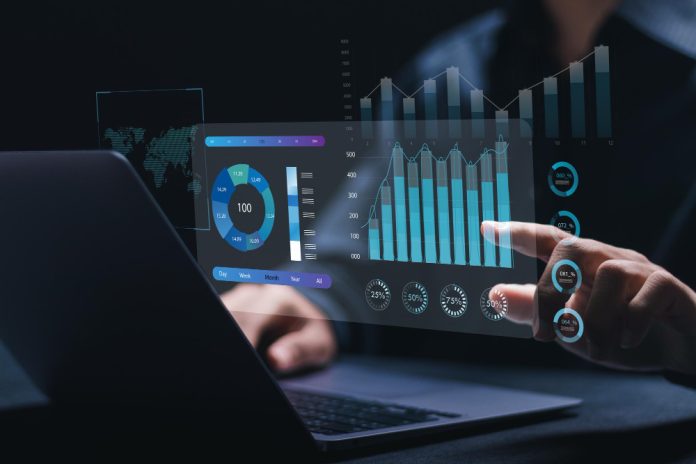Education is no longer a one-size-fits-all approach. With the rise of digital tools and advanced technologies, data analytics is transforming the way students learn and teachers teach. Personalized education, powered by analytics, ensures that every learner gets a tailored experience designed to maximize engagement, retention, and performance.
How Data Analytics Supports Personalized Education
Data analytics in education involves collecting, analyzing, and interpreting student data from test scores and attendance to engagement metrics on digital platforms. By studying these insights, educators can identify learning patterns, detect challenges, and design customized learning paths.
For example, if a student struggles with mathematics but excels in reading, data analytics can recommend more focused exercises in math while encouraging advanced reading material. This targeted approach ensures that students receive the right support at the right time.
Benefits for Students
Personalized education offers multiple advantages for learners:
- Improved Learning Outcomes: Customized lessons help students understand complex topics at their own pace.
- Higher Engagement: Interactive and adaptive content keeps students motivated.
- Reduced Stress: Students learn in a way that suits their abilities, reducing pressure and frustration.
- Empowered Learning: Data-driven feedback enables students to track progress and take ownership of their education.
Benefits for Educators
Teachers also gain significant benefits from using data analytics in the classroom:
- Early Intervention: Analytics highlight struggling students early, allowing timely support.
- Smarter Curriculum Design: Data helps refine lesson plans to align with student needs.
- Time Efficiency: With analytics handling repetitive assessment tasks, teachers can focus on meaningful interactions.
- Better Classroom Outcomes: Informed decisions lead to improved overall performance and satisfaction.
Real-World Applications
Leading EdTech platforms are already using data analytics to create adaptive learning experiences. For instance, AI-powered systems recommend personalized study schedules, while learning management systems (LMS) track progress in real time. Universities and schools are also applying predictive analytics to forecast student performance and reduce dropout rates.
Challenges and Considerations
While data analytics holds immense promise, challenges remain:
- Data Privacy Concerns: Protecting student information is critical.
- Implementation Costs: Not all schools can afford advanced tools.
- Teacher Training: Educators need proper training to interpret and act on analytics effectively.
Overcoming these challenges requires investment in technology, policies to safeguard data, and training programs for teachers and administrators.
The Future of Personalized Learning
As technology continues to advance, data analytics will play an even greater role in shaping personalized education. The integration of AI, machine learning, and predictive analytics will enable a truly adaptive learning environment where every student receives education tailored to their strengths, weaknesses, and goals.
Conclusion
Personalized education is no longer a futuristic concept; it’s happening now. With data analytics at its core, schools and universities can move away from a standardized approach and embrace a student-centered model that drives better outcomes. By leveraging analytics responsibly, educators can ensure that every learner achieves their full potential.











